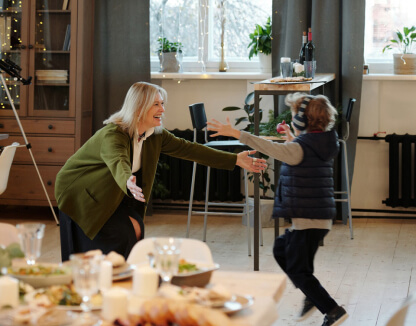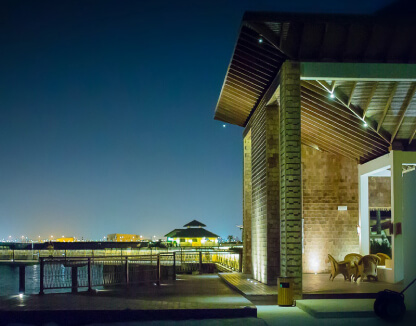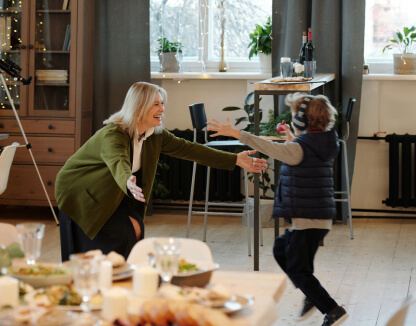Why Community Living is Important for Elderly People
If you are living alone in your home or mostly living by yourself and are looking for ways to improve your life, community living could be the perfect solution. For elderly people, living in a community offers several benefits that contribute to both physical and mental well-being. It means you get to be close to others, like friends and family, while maintaining your privacy. Community living offers a balance of social interaction, independence, and safety, making it an ideal choice for elderly individuals.
Let’s further explore why community living is so important for elderly people:
- Social Interaction and Emotional Support: One of the most significant advantages of community living is the opportunity for regular social engagement. Elderly people often experience loneliness and isolation when living alone, which can lead to mental health challenges like depression. Being part of a community provides a supportive environment where you can build meaningful relationships, engage in activities, and share experiences, which are crucial for emotional well-being.
- Safety and Security: Safety is a major concern for elderly individuals, especially those living alone. In a community living setup, safety is greatly enhanced. Many communities have 24/7 security staff, monitored access points, and emergency response services. This ensures that help is always available in case of accidents, health emergencies, or other issues. The peace of mind knowing that someone is always around to assist can significantly improve the quality of life for elderly people.
- Assistance with Daily Needs and Personal Care: As people age, they may require help with daily activities such as meal preparation, cleaning, transportation, or personal care. Community living often provides access to services that can assist with these tasks. Whether it's housekeeping, managing medications, or offering companionship, these services help elderly individuals maintain their independence without feeling overwhelmed by daily chores or physical limitations.
- Balanced Privacy and Social Engagement: In community living, elderly people can enjoy a perfect balance between privacy and social interaction. While you have your own private living space, you are also surrounded by other residents and staff members. This creates opportunities for socializing, but it still allows for personal space when needed. You don’t have to sacrifice your independence to stay connected with others.
- Improved Health and Wellness: Living in a community often encourages an active lifestyle. Many community living spaces offer fitness programs, wellness activities, and social events that promote physical health, mental stimulation, and a sense of purpose. Engaging in these activities can help elderly individuals stay physically active, boost their immune system, and reduce the risk of chronic health issues. Moreover, the support network in the community can encourage healthier lifestyle choices, making it easier to stay on top of medical appointments and manage conditions.
- Greater Sense of Belonging: The feeling of being part of a community provides elderly people with a greater sense of purpose and belonging. It helps them feel valued and connected, knowing they are surrounded by people who care about their well-being. This can be especially important during retirement, when many people experience a shift in their daily routines and social networks.
Choosing community living can significantly enhance the overall quality of life for elderly individuals. It offers a harmonious blend of privacy, social interaction, and the safety of knowing that help is just a call away. Whether it’s the joy of participating in group activities, the comfort of knowing someone is nearby, or the peace of mind that comes with assistance when needed, community living ensures that elderly people can live independently while enjoying a full, enriching life.




